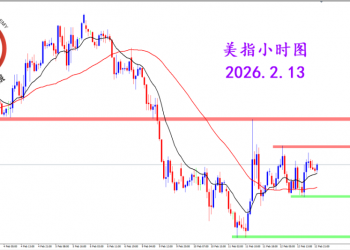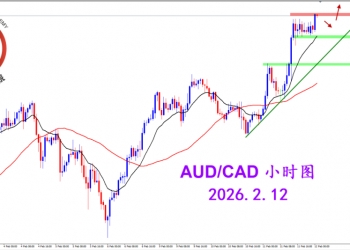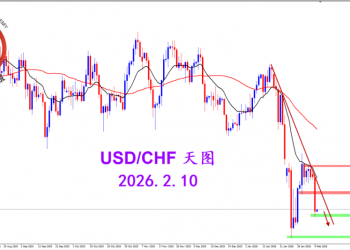"Reforms have paid off in past, and there is no reason not to expect them to continue to pay off in the future," Deppler said.
He noted that second-round inflationary effects in response to oil prices are absent thus far in the euro zone, after years of a stabilization and reform strategy, and that in the past these effects would have signaled a need for an interest rate rise.
Further, euro-zone economic weakness is temporary, he said. It isn't clear whether the reason for the weakness is high oil prices, exchange rates, a pause in global industrial production, or for different reasons, but the IMF still projects sustained growth for the world economy, he said.
"We don't see why the economic hiatus in Europe shouldn't be temporary," Deppler said, noting fiscal consolidation, labor market reforms, strengthened productivity and competitiveness.
Deppler added that the timing of stronger economic recovery isn't clear, "but in our view, it's on the horizon." |
 2026.2.13 图文交易计划:美指持续震荡 等1417 人气#黄金外汇论坛
2026.2.13 图文交易计划:美指持续震荡 等1417 人气#黄金外汇论坛 2026.2.12 图文交易计划:多头持续挺进 澳1371 人气#黄金外汇论坛
2026.2.12 图文交易计划:多头持续挺进 澳1371 人气#黄金外汇论坛 2026.2.11 图文交易计划:磅加坚决阴线 适1573 人气#黄金外汇论坛
2026.2.11 图文交易计划:磅加坚决阴线 适1573 人气#黄金外汇论坛 2026.2.10 图文交易计划:美瑞大幅下跌 等1495 人气#黄金外汇论坛
2026.2.10 图文交易计划:美瑞大幅下跌 等1495 人气#黄金外汇论坛